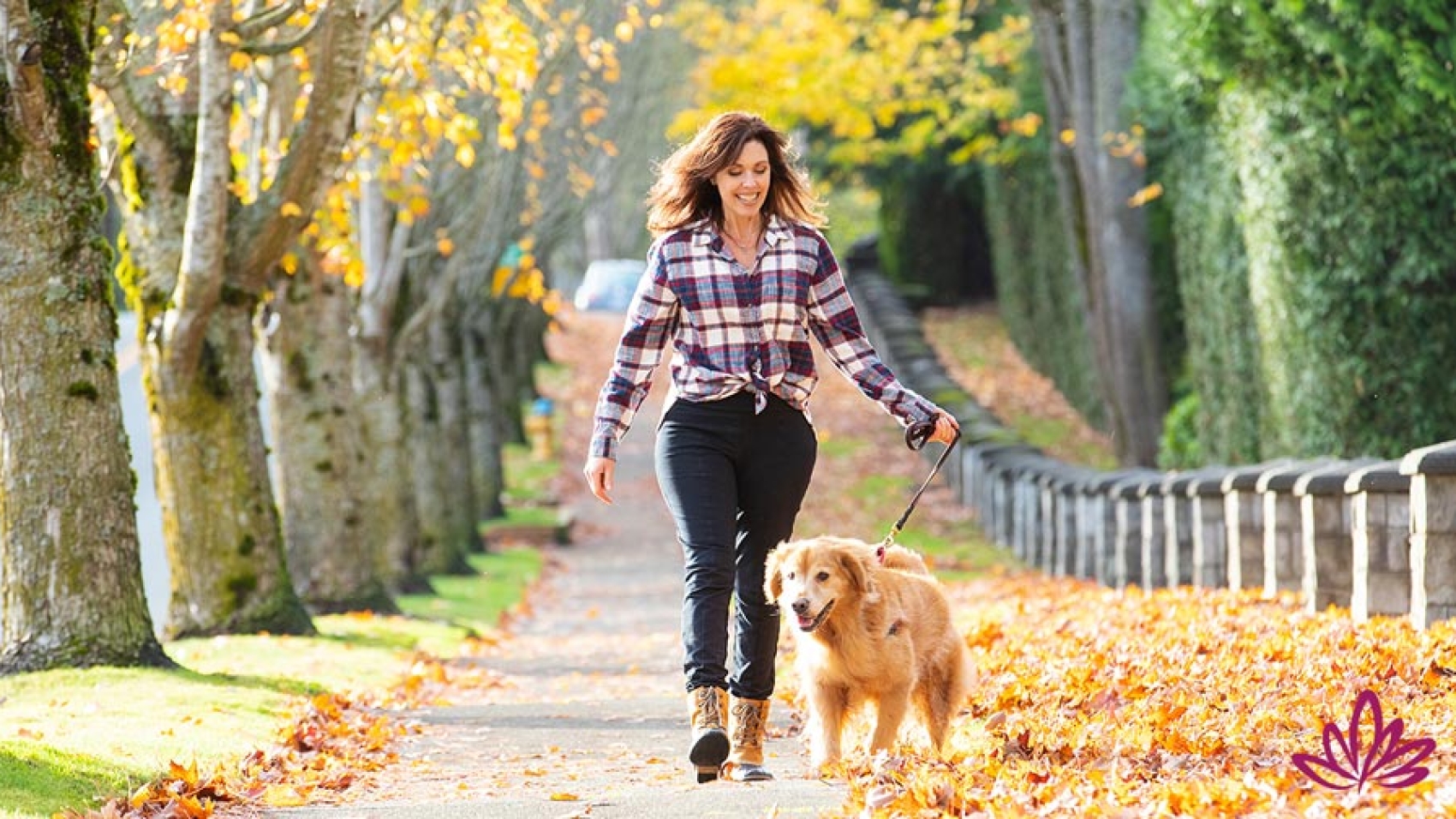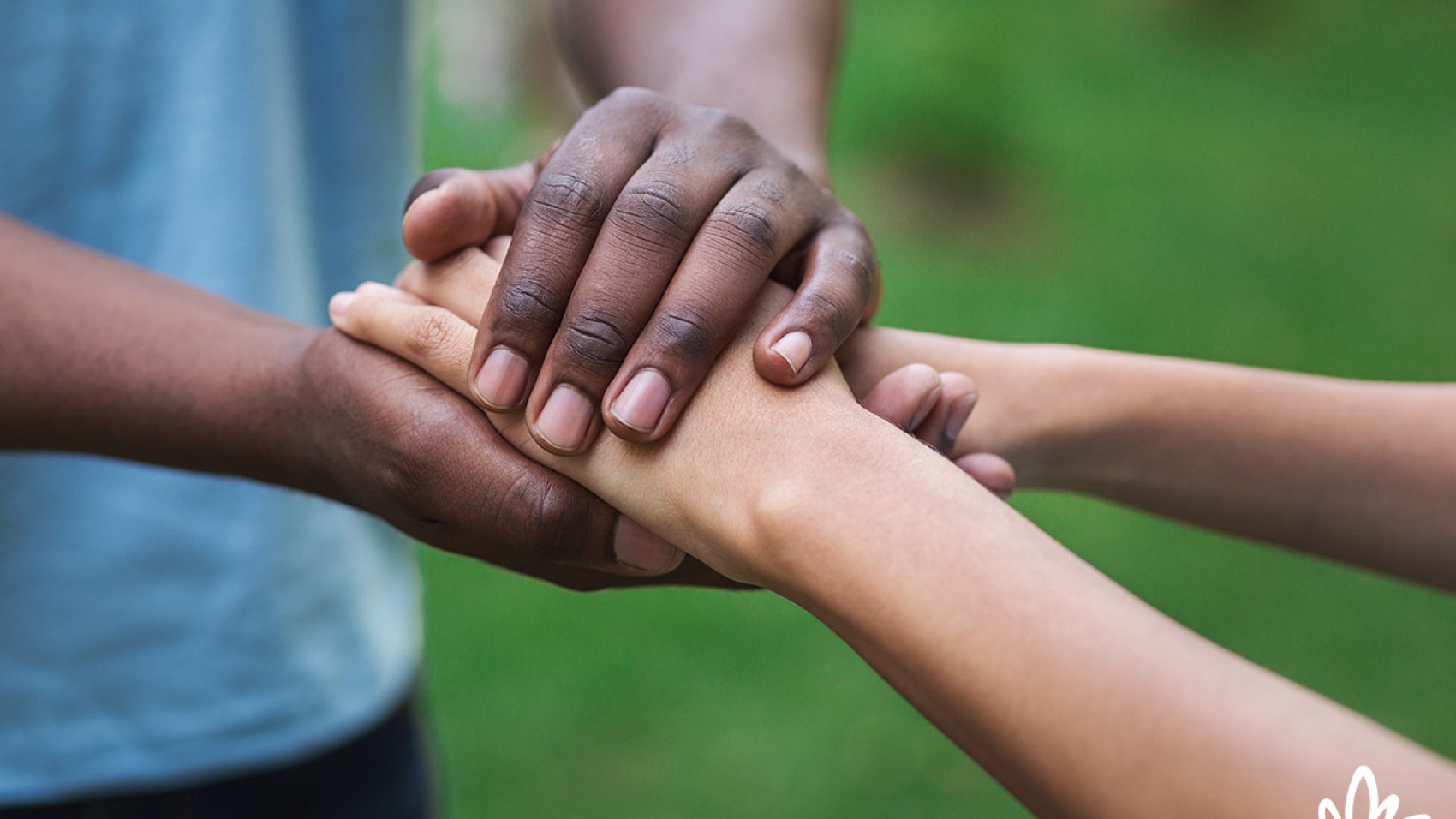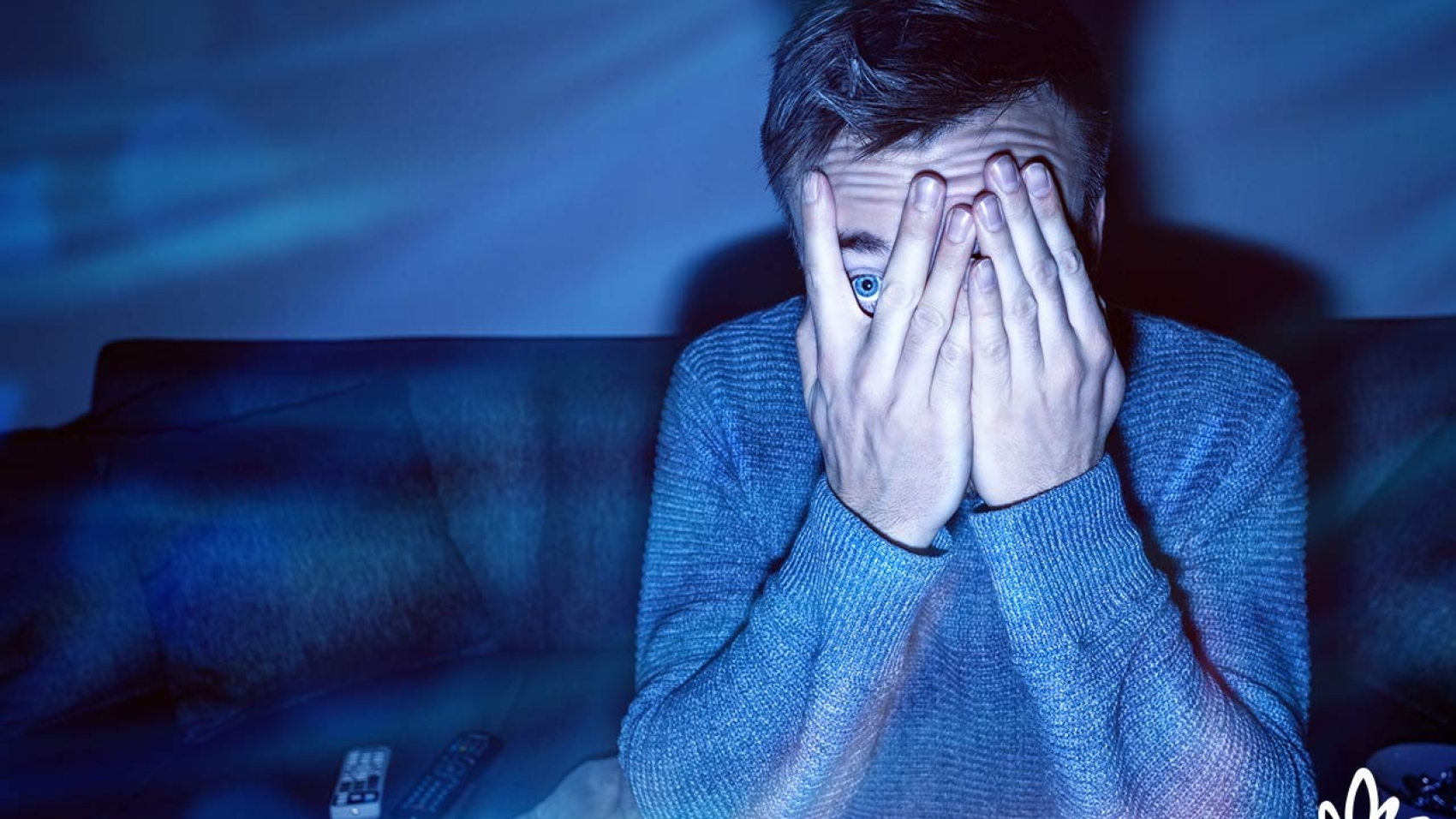When I was a child, I learned a very important lesson from my father. I was barely big enough to climb into Daddy’s pickup after he was done with work on Friday nights, when he’d drive around our small town to give away bags of oranges to the hungry. Along the way, much to my mother’s chagrin, he would often hand over his coat to someone who looked cold. A lawyer in our little town, and a Representative at the State Capitol, he used his influence to develop social justice programs to help the needy in our state. And when I became a lawyer and joined him in his practice, he taught me to take on pro bono (for free) clients along with the ones who could pay. Daddy was a sterling example of empathy in action.
We need a lot more empathy in the world these days. With 50 countries around the world ruled by dictators and despots right now, the concepts of representative government, respect for civil liberties, and human rights, have morphed into a general attitude of “let them eat cake.” Unfortunately, today’s authoritarians seem to be, more and more, supported by the middle class. The result is untold suffering for millions of people.
Empathy is a word we’ve heard tossed around a lot lately. But what does it actually mean?
It means that when your friend’s aunt dies of Covid, you don’t say, “She’s in a better place.” When your neighbor loses his job, you don’t cheerfully announce, “See the glass as half full.” How many times have we all said when there has been a disaster, “our thoughts and prayers are with you,” instead of actually helping those who were impacted, thereby effectively bypassing the real work.
“Spiritual bypass” is a way to avoid or escape from uncomfortable emotions. Spirituality becomes a defense mechanism when it sees only “light and love” and does not acknowledge the authentic nature of all the elements of life, including the terrible truths of pain, suffering, sickness, and death. It’s like a politician flying over the scene of a fire or flood that caused massive destruction and loss of lives. It might make a memorable photo-op, but from that great height you can’t see the pain of a child who has lost a parent, feel the grief of a family that has lost its home, or inhale the stench of burnt carcasses.
So how can you react in a truly spiritual way to the suffering of others?
You can say, “I understand how hard this is for you. I know how sad I felt when my favorite aunt died a couple of years ago. What can I do to help: want to take a walk or can I bring you a casserole?” You empathize with their situation because you have experienced pain in your life and you connect through your common humanity.
While hugs are off the table right now, remember what you felt when you saw Princess Diana stop to hug a child? It wasn’t only her dazzling smile that made people love her; it was her compassion and her ability to connect with people. The Nigerian-born Baron Adebowale, a member of the House of Lords in Great Britain, saw the face-to-face work Diana did with the homeless and said, “Her humanity spoke to their humanity.”
That’s empathy. Your humanity speaks to someone else’s humanity. Your heart goes out to their heart, energetically. It’s like seeing those exhausted and overwhelmed nurses crying in the hospital hallway after they have held a phone up so the loved ones of a person dying alone of Covid can say their goodbyes. Your heart aches for the nurse, for the person who died of this viral scourge, and for the person on the other end of that crushing phone call. And for the others you know who will experience that pain until this pandemic, which has already killed over 1.27 million people around the globe, is over.
In January of 2010, a major earthquake in Haiti killed over 300,000 people and left 1.5 million without homes. A few days later, Hollywood actor Sean Penn landed in Haiti. He saw tens of thousands of people living in tents and lean-to’s and he set about digging drainage ditches and latrines, getting food and water supplied to the camp. Penn stayed on the ground in Haiti for months and continued to return there over the last 10 years. The nonprofit he started to focus on Haiti has now been expanded to respond to natural disasters in the Caribbean and Florida. Penn backed up his humanitarian ideals with both his money and his time (a far more valuable resource).
Empathy shows an understanding of someone else’s experiences because you yourself have experienced pain and can relate. Identification is the key. You connect to another, looking past differences and appreciating your commonality. You hurt; I understand because I have also experienced being hurt. Skin color, political affiliation, religion, gender—those are just the trappings on top of our common humanity and are irrelevant in that moment.
Katie Couric, when she was a co-host on NBC’s morning show, Today, did an incredibly empathetic act when she underwent a colonoscopy on air to underline the importance of testing for colon cancer; her young husband had died of the disease and her concern for others’ health led her to transform her personal tragedy into public good. That’s empathy, showing the unglamorous aspects of her personal life in order to help others avoid the same loss and grief.
Many young stars, who often come from very humble beginnings, are conscious of their ability to direct attention and empathy towards those who need help, and many do a lot of in-person volunteering along with writing checks. Taylor Swift teamed up with the Governor of Tennessee to combat internet sex crimes. Miley Cyrus works with underprivileged kids in the US and Haiti. Emma Watson, the Harry Potter actress, is known for her work in girls’ education in Bangladesh and Zambia. Selena Gomez is determined to help stop hunger for children in Africa. Popstar Nicki Minaj donates both time and money to a small village in India.
Empathy in action is not the same as sympathy. Sympathy means you feel sorry for what someone else is experiencing, while empathy means you actually feel what someone else is experiencing. The more we develop empathy – personally, in our institutions, and in our governments, the better our world will become. And empathy is different from being an empath. An empath is an emotional sponge, the opposite of energy healing: it is one of the first things I teach my energy healing students to avoid, as it is the opposite of the energy exchange desired.
Empathy may be the most important thing you can teach your children, as my father taught me. George Clooney, who often works for social causes, became a father for the first time in his 50’s. He said about his twins: “I want them to be interested in things. I want them to be compassionate about other people’s plights. Because that’s the thing, you know? You have to have some sort of empathy.”
So empathy is what we need. And you’ll feel better about yourself and the world. Empathy increases your communication skills and allows you to connect with others. When you can feel what another person is going through, when you listen more than you speak, you can respond in the best way possible. It helps you regulate your own emotions when you see a situation from another’s perspective. From an energy medicine perspective, your heart chakra energy is going to their heart chakra energy, and since energy knows no bounds of space or time, it’s instantaneous and effective. And did you realize that developing empathy is one of the best ways to benefit your health? When you see the world through the eyes of compassion, you are better able to handle stress, are happier, have less depression and anxiety, and a stronger immune system. You’ll be spreading a more positive and caring energy. When we all come from a place of empathy, it will create that same loving vibration in our families, our communities, our governments – in the whole world.



